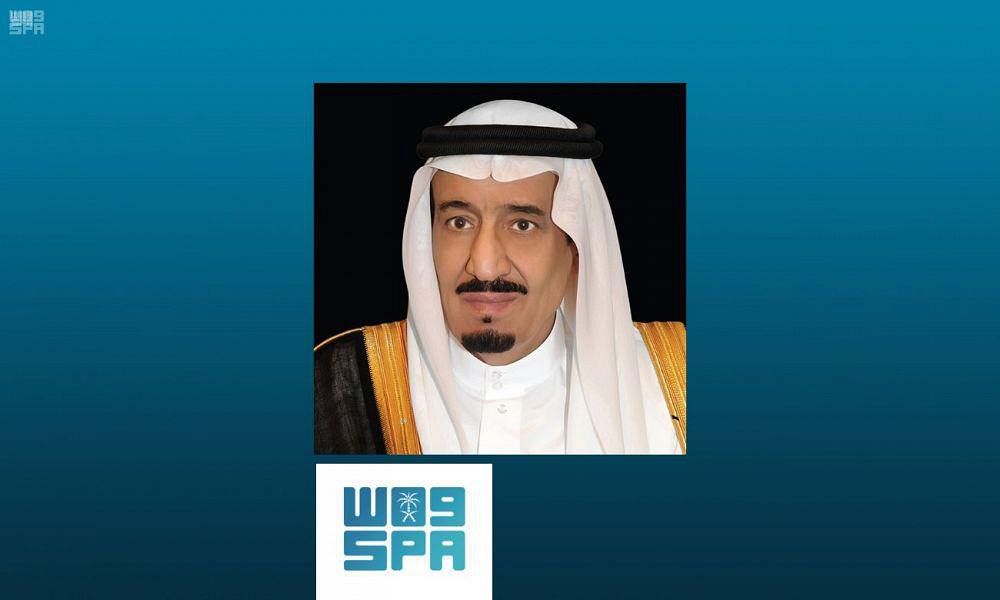
Government hopes to reach deal with IMF by end of October, spokesperson says
TUNIS: Tunisian President Kais Saied has made new changes to electoral law that diminish the role of political parties, three months ahead of legislative elections.
A new electoral law reduces the number of members of the lower house of parliament from 217 to 161, and says candidates will now be elected directly instead of via party lists. Voters will elect a new legislature Dec. 17.
“In the past, the parliament deputy drew his legitimacy from his party. Today, he must assume his responsibilities, above all, before his constituents,” Saied said at a Cabinet meeting.
According to the new rules, parliament members “who do not fulfill their roles” can be removed if 10 percent of constituents who voted for them lodge a formal request with parliament.
In the past, the parliament deputy drew his legitimacy from his party. Today, he must assume his responsibilities, above all, before his constituents.
Kais Saied, Tunisian president
Several opposition parties, including the Ennahdha movement, have said they will boycott the December elections and say the new electoral law is aimed at muffling them.
Saied froze parliament in 2021 after years of political deadlock and economic crisis, and then dissolved it in March. A constitution approved in a July referendum hands broad executive powers to the president and weakens the influence of Tunisia’s parliament and judiciary.
While opposition members and Western critics warned the moves threaten hard-won democratic gains, many Tunisians welcomed Saied’s actions after years of exasperation with the country’s political elites.
The president insisted at a Cabinet meeting Thursday that he had no intention of excluding any party from the parliamentary elections.
He argued that the new law was based on a study of systems in other countries, and “will allow the people to freely express their will and to vote for the person of their choice.”
His critics accuse him of authoritarian drift and endangering the democratic process initiated in Tunisia in 2011.
Tunisia is struggling to revive its public finances as discontent grows over inflation running at nearly 9 percent and a shortage of many food items in stores because the country can’t afford to pay for some imports.
The International Monetary Fund and major foreign donors want Tunisia to push ahead with cuts in subsidies and the restructuring of state-owned companies as well as steps to bring the public sector wage bill under control.
The government’s spokesperson said on Friday that Tunisia hopes to reach an agreement with the IMF by the end of October after a wage deal agreed on with unions was seen as a key step toward getting IMF support.
The government and the powerful UGTT union on Thursday signed a deal to boost public sector wages by 5 percent, a step that may ease social tensions. But they did not announce any further agreement on reforms needed for an IMF bailout.
“The Tunisian negotiating team was in contact yesterday with (the) IMF regarding the last terms of the agreement with the Fund,” said Nasreddine Nsibi, the government spokesperson.
“We seek to reach a deal with the IMF before the end of October, which would make Tunisia able to fulfill all its commitments, including providing foods and energy products, paying wages and debt service,” he added.
Fitch Ratings said on Friday that Tunisia’s wage agreement raises the likelihood of an IMF deal.
Tunisian officials have said that Tunis aims for a $3 billion loan.
The IMF has signaled it will not move forward with a bailout sought by Tunis unless the government brings on board the UGTT, which says it has more than a million members and has previously shut down the economy in strikes.







